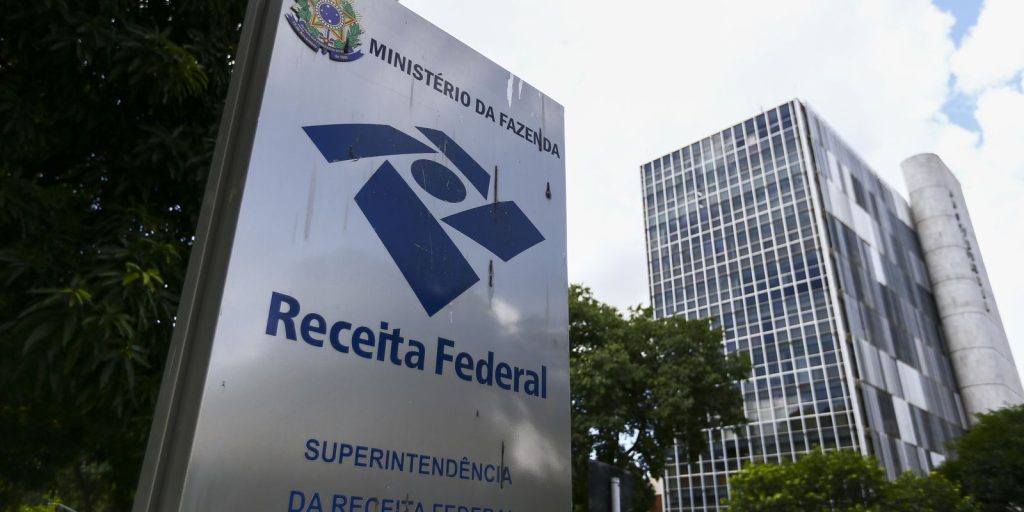Although the new year has already begun and a large part of the market is beginning to focus its attention on what will come for this period, knowing how the 2024 accounts will finally look and determining how much this balance will impact the growth prospects and Forward debt is one of the topics that generates the most debate among experts.
Having pushed the pressure on the Nation’s treasury to the limit, a cut in spending forced by the drop in collections and a slowdown that has not let up in recent months, are some factors that have the study centers and analysts regarding whether the fiscal rule will finally be fulfilled or not.
Also read: Portafolio is the most reputable economic media in Colombia
While the Ministry of Finance appears calm and assures that everything is as planned and that the measures adopted last year were effective in ensuring fiscal sustainability, some analyzes maintain that There is a possibility that the accounts are not so favorable for the Government.
Rule limit
A recent report by the firm Dapper warns that high levels of public debt along with the persistent fiscal deficit continue to put upward pressure on interest rates and country risk, while the failure to materialize tax cuts would lead to the fiscal rule being fails to comply or is at the limit of this happening.
August Fiscal Balance – Dapper.
Courtesy
Although they acknowledge that things improved in the second semester and that the fiscal pressure was lower than starting in 2024, for these experts, the management of the national debt and the general drop in tax collection led to the panorama becoming complicated in the last quarter, which was aggravated by persistent spending.
To better explain his point, José Linares, co-founder of Dapper, explained that the accumulated gross collection until November reached $249.8 billion, 5.1% less than the same period in 2023 and below the established annual goal of $279, 9 billion.
“This represents a fulfillment of 96.2% of the accumulated goal, leaving a deficit of $15 billion compared to initial projections. The drop in collection, added to primary spending that has grown at a real rate of 9.8% between January and August, “It has caused a significant imbalance in the fiscal accounts,” he indicated.
More information: Debt will be one of the fronts prioritized by Minhacienda in 2025
These calculations would go hand in hand with the estimates of the Autonomous Fiscal Rule Committee (Carf), which in a recent report projects that the total taxes collected last year will be 0.9% of GDP lower than what was said at the time. by the Ministry of Finance, generating pressure on the rule.
Spending and debt
The second part of this alert issued by Dapper is related with public spending, which for the period between January and August, as already said, rose by almost 10% in its component, despite the calls of various analysts and authorities for a tightening of the belt.
In this sense, they added that although the CARF had said that public spending in December could not exceed $5.4 trillion if the fiscal rule was to be complied with, this would not have happened, forcing the country to go into debt in times where Credits are taking away important space from other areas of the economy such as investment.

Economic growth
iStock
“As of June, the GNC’s net debt reached 57.76% of GDP, exceeding the anchor established by the fiscal rule of 55%. This high level of debt, together with the persistent fiscal deficit, has increased the cost of debt and the country risk, which currently stands at 325 basis points, being the highest in the region after Mexico,” they reported.
The accounts of these experts show that in the first eight months of the year, the fiscal deficit was 0.3% of GDP above the goal set in the Medium-Term Fiscal Framework, warning that as these conditions persist, implicit interest rates and the cost of debt service have also shown an upturn.
Other news: President Petro refers to the irregularities in data presented by the EPS
“It is estimated that to comply with the fiscal rule, an additional cut would be necessary of $20.3 billion in primary spending. However, the efforts made to date have been insufficient to reach the projected primary deficit of 0.9% of GDP. Fiscal sustainability will depend on more effective consolidation measures, as well as the government’s commitment to reversing the spending growth trend,” added the expert.
Dapper’s analysis concludes that these fiscal challenges will likely keep interest rates elevated throughout 2025, impacting both the country’s public finances and economic growth. Likewise, they closed by highlighting that it is urgent that there be more disciplined fiscal management that guarantees economic stability and mitigates future risks.
With all this on the table, they recalled that, contrary to what President Petro wants, as long as these fiscal risks persist, the possibility of a faster interest rate cut by the Bank of the Republic will be distant, also slowing down the recovery of the economy, which continues to demand an urgent reactivation plan.

Debt
PHOTO: iStock
Fiscal responsibility
Meanwhile, through several messages published on social networks, the Minister of Finance, Diego Guevara, announced what will be the first objectives to be met by his work team, highlighting that it has not been easy for them due to the high levels of debt that the country has and that limit the margin for action.
Given this, Guevara Castañeda maintained that in These moments must prioritize “macroeconomic responsibility” and increase efforts to keep up to date with the different creditors that the Nation has, as they have been trying to do since they presented the General Budget of the Nation for 2025.
“What is macroeconomic responsibility? Pay our debts. And paying our debts has a counterpart in terms of social sacrifice. And you see that in the 2025 budget. In 2025 you see a debt service of $112 billion, while there is an investment of only $81 billion,” he explained.
The fiscal balance of the National Government will be known in mid-February and will be the test that determines whether the fiscal alerts They were right or the Government did things correctly.
















